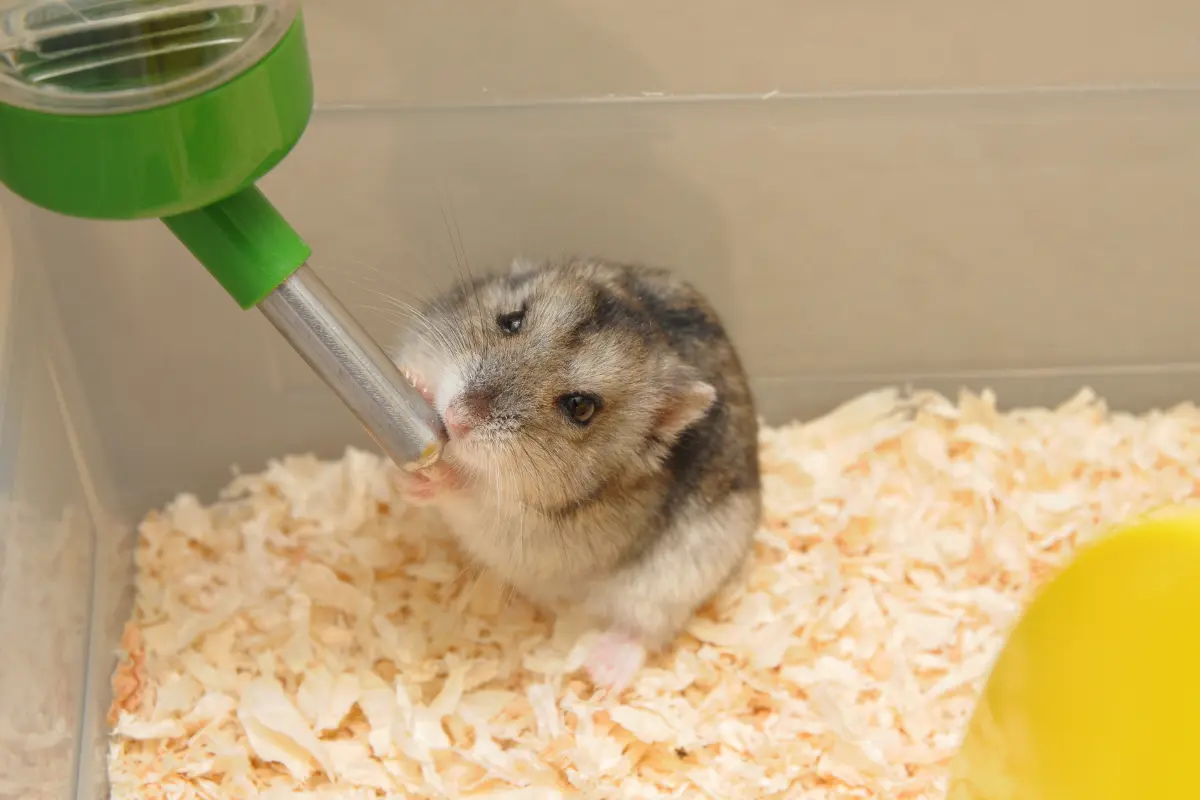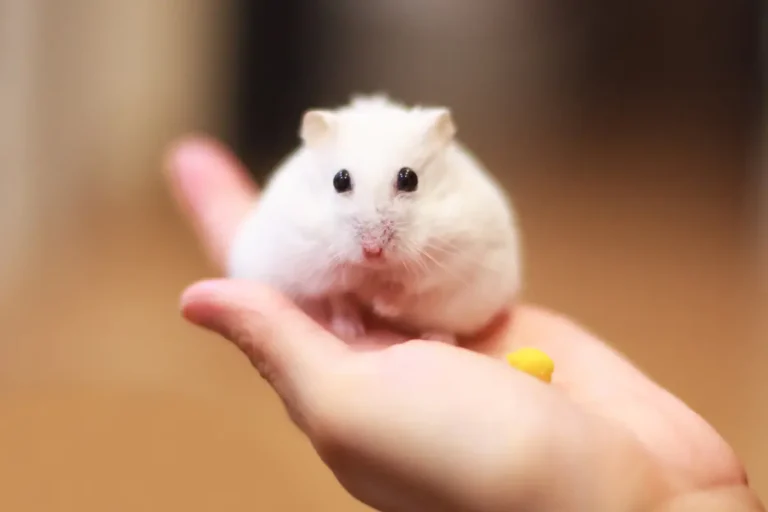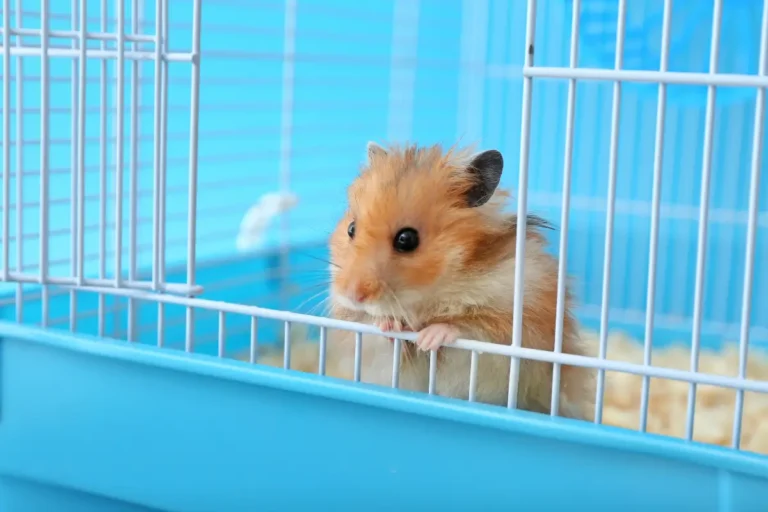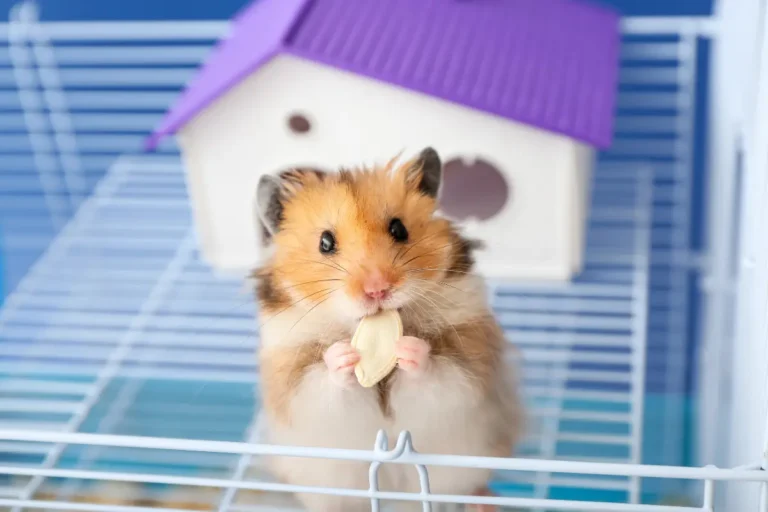How Long Can a Hamster Survive Without Water?
As a responsible hamster owner, one of the most crucial tasks you have is ensuring your pet has access to fresh water every day.
Just like any living creature, hamsters need water to stay hydrated, healthy, and energetic. Without it, they can quickly become dehydrated, leading to serious health problems.
While the exact amount of time can vary depending on factors like the hamster’s age, health, and environment, a hamster can typically survive only 1 to 3 days without water.
This duration can vary depending on several factors:
- Age and Health: A healthy adult hamster may survive for up to 3 days without water, though this is far from ideal. Young, old, or ill hamsters are more vulnerable to dehydration and may not survive as long without water.
- Temperature and Environment: In warmer conditions, hamsters will dehydrate more quickly, and in colder conditions, their bodies may conserve moisture for a longer period.
- Diet: If a hamster has access to water-rich foods, such as fruits or vegetables, it may survive longer without a water source. However, this is not a substitute for fresh water.
- Activity Level: Active hamsters may dehydrate faster due to increased fluid loss, so it’s essential for them to have continuous access to water.
What Happens After 1–3 Days Without Water?
If dehydration is not addressed promptly, it can lead to more severe issues. Prolonged lack of water can cause:
- Organ Failure: The kidneys and other organs may begin to shut down due to a lack of fluids.
- Impaired Circulation: Dehydration can affect blood circulation, making it difficult for oxygen and nutrients to reach vital organs.
- Coma or Death: Without intervention, a dehydrated hamster can slip into a coma and eventually die from organ failure.
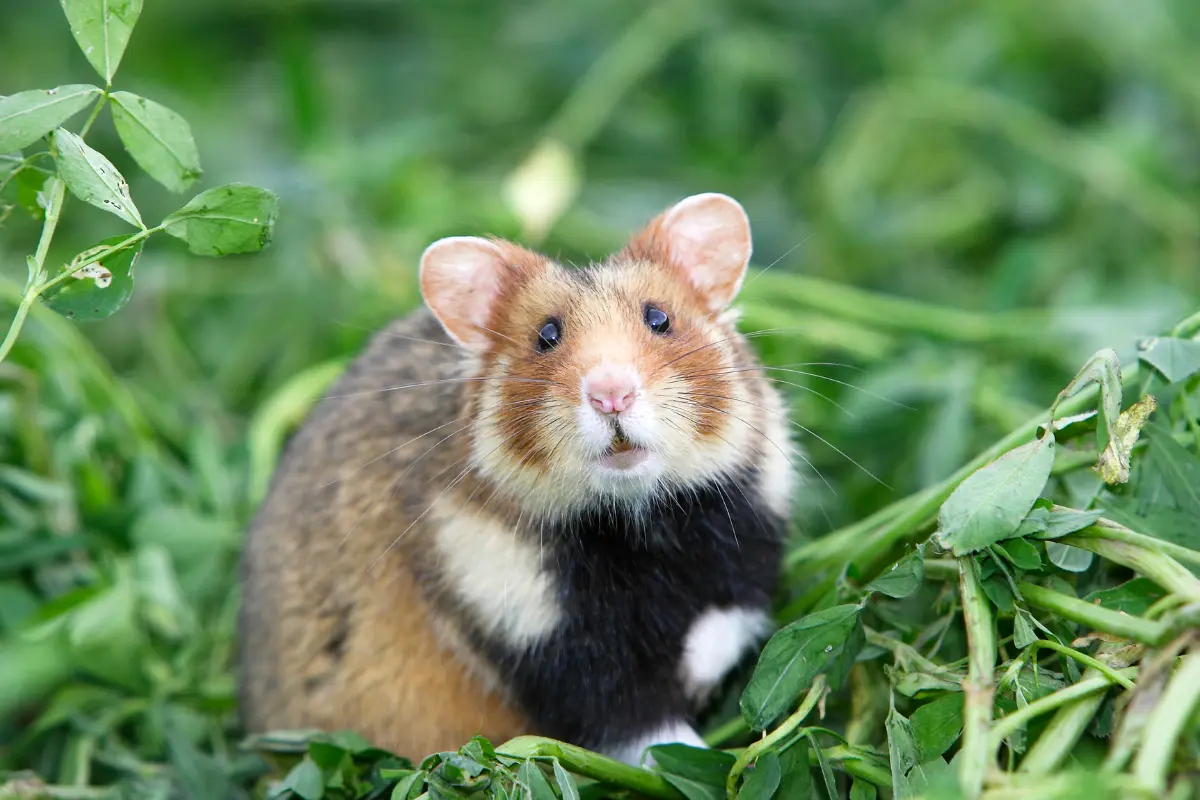
Why Water is Essential for Hamsters
Just like humans and other animals, hamsters need water to stay hydrated and maintain good health. From regulating their body temperature to supporting digestion and helping maintain organ function, water is necessary for every part of your hamster’s life.
1) Regulation of Body Temperature: Hamsters are sensitive to temperature changes, and water helps maintain their internal temperature. Dehydration can cause them to overheat, particularly in warm environments.
2) Digestive Health: Hamsters need water to process their food properly. Without enough water, their digestive system can become sluggish, leading to constipation and other gastrointestinal issues.
3) Waste Elimination: Water is essential for flushing toxins out of the body through urine. Without it, a hamster may experience kidney problems or urinary tract infections.
4) Cell Function: Every cell in your hamster’s body relies on water for optimal function. Dehydration can impair cellular processes, leading to organ failure and, eventually, death.
The Risks of Dehydration
Hamsters are small animals with high energy levels, and they can become dehydrated much quicker than larger animals. A hamster may show signs of dehydration after just a few hours of running on a wheel or playing with a ball, which is why providing constant access to fresh water is essential.
Dehydration can lead to many health problems. If left untreated, severe dehydration can be life-threatening. This is why it’s important to regularly check your hamster’s water supply to ensure they have access to clean, fresh water at all times.
How to Tell if Your Hamster is Dehydrated
Hamsters are vulnerable to dehydration, and it can happen faster than you might expect. Even after a few hours of running on a wheel or playing in an exercise ball, they can become severely dehydrated if they don’t have water available.
Signs of dehydration in a hamster include:
- Sunken Eyes: Healthy hamsters have bright, alert eyes. Dehydration can cause their eyes to appear sunken or dull.
- Dry Mouth and Nose: A dehydrated hamster may have a dry or sticky mouth and nose. Normally, these areas should be moist.
- Lethargy: If your hamster is less active than usual, seems unusually tired, or is reluctant to move, it could be a sign of dehydration.
- Loss of Appetite: Dehydration can lead to a decreased interest in food. If your hamster isn’t eating as much as usual, it may be dehydrated.
- Dry Skin: Gently pinch the skin on the back of your hamster’s neck. If it doesn’t quickly return to its original position, it may indicate dehydration.
- Reduced Urine Output: A dehydrated hamster may urinate less frequently, and the urine may appear darker in color.
- Thick Saliva: Dehydration can cause the saliva to become thicker and stickier than normal.
What to Do if Your Hamster Is Dehydrated
If your hamster is showing signs of dehydration, the first step is to offer them fresh water. Do not try to force water into your hamster’s mouth, as it could cause choking or stress them further. Instead, allow them to drink at their own pace.
If they aren’t drinking from the bottle or bowl, you can try gently using a syringe to give them small sips of water. However, if your hamster continues to refuse water or seems very weak, it’s essential to seek veterinary care.
In cases where your hamster is suffering from diarrhea, dehydration can occur very quickly due to the loss of fluids. Be extra cautious and take them to the vet as soon as possible.
How to Prevent Dehydration in Hamsters
Dehydration is a serious issue for hamsters; preventing it is essential for maintaining their health. To ensure your hamster stays hydrated and healthy, follow these tips:
- Always Provide Fresh Water: Ensure that your hamster has access to clean, fresh water at all times. Use a water bottle or bowl that is easy for them to drink from and check regularly to ensure the water level is sufficient.
- Change Water Frequently: Water can become contaminated or stale over time, so be sure to replace it daily to keep it fresh and inviting.
- Monitor for Signs of Dehydration: Be vigilant about checking for signs of dehydration, such as dry skin, sunken eyes, or lethargy. If you notice these signs, provide water immediately and consult a veterinarian if needed.
- Offer Hydrating Foods: You can supplement your hamster’s hydration by offering water-rich foods such as cucumber, watermelon, or celery. However, these should be given in moderation and not as a replacement for water.
- Check the Water Bottle: Make sure the water bottle is functioning correctly, and there are no blockages that prevent water from flowing. A hamster may become frustrated and thirsty if it cannot drink from a malfunctioning bottle.
In conclusion, hamsters can survive for a short time without water, but prolonged dehydration is extremely dangerous and can lead to severe health complications or death. If your hamster goes without water for more than a day, it is important to intervene immediately.
Providing fresh water at all times and watching for early signs of dehydration will help keep your hamster healthy, active, and hydrated.
